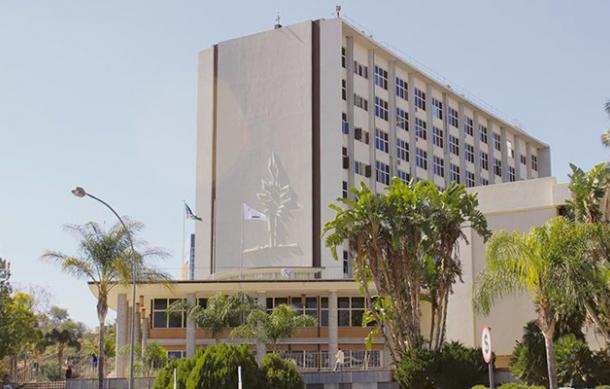
The City of Windhoek has failed to realize its ambition of becoming a smart city this year due to a lack of funds, though stakeholders are coming on board.
The Namibia University of Science and Technology and UNDP embarked on a smart city hunt to create awareness among the residents.
As the world leans towards technology to connect people, the smart city entails major digital infrastructure modernization, information and communications technology, as well as the processing of data to make the city more suitable by offering accelerated economic development through responsible resource use.
Interaction design students from NUST have developed different ways of engaging citizens about their ideas of what a smart city should look like as well as gathering information through sustainable development goals at the first station.
A smart city hunt application has also been created to identify issues the city should address during the hunt.
"The citizens will choose what is more important to them: whether it should be a safe city, an inclusive city, or a sustainable city, and once they have chosen what is important to them, they will choose which SDG the city should focus on, whether it is poverty or equality, and then there will be direct input from the citizens on the ground. There are representatives from UNDP, the City of Windhoek, and informal settlements, so we can all see what the city needs to do."
Havana is the other station visited, where a smart city was also built with boxes that included smart hospitals and security systems, while the station at UN Plaza includes a smart shopping center.
A smart city optimizes evolution towards the internet of things, the creation of safer communities, and improvements to urban transportation and the environment through various systems.





